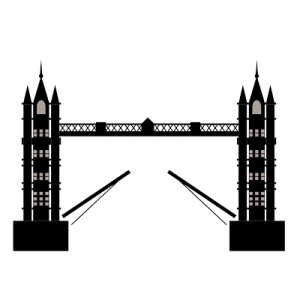Dear all,
I just got accepted to NYU last week for the 2020/2021 academic year. I initially applied to the LLM in Taxation with the intention of taking the NY bar exam in July 2021 (I am a foreign trained lawyer).
However, the dean just emailed me yesterday saying that it is not possible for foreign trained attorneys to gain NY bar eligibility through the LLM in Taxation (which is primarily designed for US law graduates). Instead, he has offered me the possibility to enroll in the LLM in International Tax, designed for non-US attorneys and which would qualify me for the NY Bar.
With that said, I have been working in international tax for quite a long time (4 years approx) and my intention is to gain a solid understanding of US taxation so as to be able to work in that area at an international firm. I am afraid that the LLM in International Tax may be too generic and will not qualify me to advise on US corporate taxation.
I have been reviewing the curriculum for the LLM in international tax and it seems that the first semester is focused on studying US corporate taxation and US international tax rules, which is okay. However the second semester focuses more on international tax courses like tax treaties, BEPS and the like; and I have already a good understanding of those areas as I have been working in international tax for years. So it seems of little help to spend money and time in reviewing those things again (although the tax treaties course also provides some insight on the US approach to tax treaties which would be useful).
So I have the following options:
1. Enroll in the LLM in International Taxation and take the NY bar.
Pros: I can actually take the NY bar (easiest for foreign attorneys) and the second semester will be a bit more relaxed.
Cons: I am afraid I won’t get a comprehensive knowledge of US taxation and won’t be able to work in US tax after graduation.
2. Enroll in the LLM in Taxation and take the California bar.
Pros: I would get a very good background in US taxation.
Cons: I would have to sit the California bar, which is far more difficult than the NY one. And I think that for international lawyers it makes more sense to be licensed in NY rather than in California.
Any suggestions on the above? Has anyone completed the LLM in International Tax and could provide some guidance as to how US oriented it is?
Many thanks
[Edited by Joshf126 on Jan 28, 2020]





